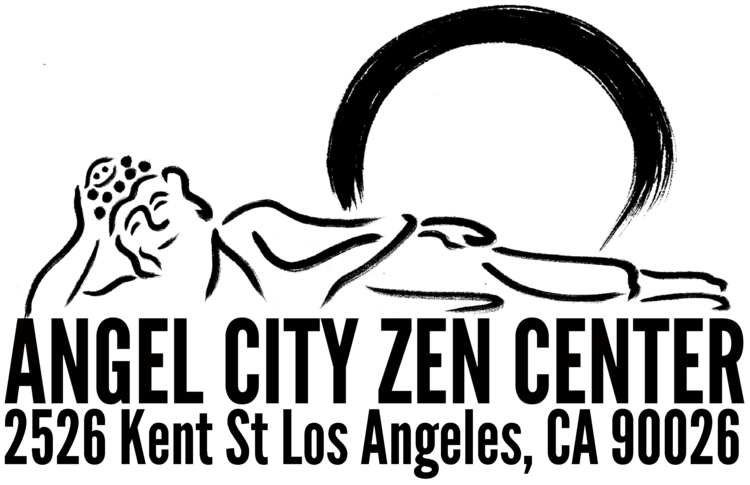“Listening to someone explaining Zen is like listening to someone read a textbook on the academic theory of comedy. You can do it, but in the end a joke is just something that makes you laugh.”
In the year 700, a humble mountain monk named Shenxiu was called to the Chinese capitol by the Empress Wu. Within just a few years he almost single handedly made Zen the foremost religious school in China and was universally recognized as the greatest spiritual teacher of his time. Emperors bowed to him, thousands converted. For the first time, Zen was cool. But within decades of his death, Shenxiu's name was written into history as the biggest loser in Zen, his teaching was universally mocked, and even his poetry was said to be weak.
What could turn such a beloved teacher into a laughingstock so quickly? Was his reputation deserved? Was his poetry really that bad???
This month on History of Zen, Dave takes a look at the story of Shenxiu, the famous anti-hero of the Platform Sutra, and what we can know about him beyond the legendary histories. We look at the so-called Northern School of Zen he comes from that all later Zen would define itself against to see if its was really as weak and corrupted as would later be said, delving into the books and teachings of Shenxiu and his forbears themselves to see what they have to say in their own defense. Along the way the sangha discusses the pitfalls of success, whether or not there’s such a thing as “true history,” and why explaining the joke is never as satisfying as laughing out loud.
